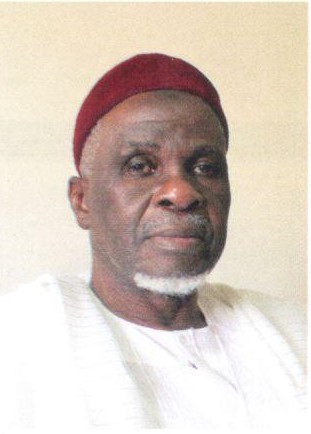
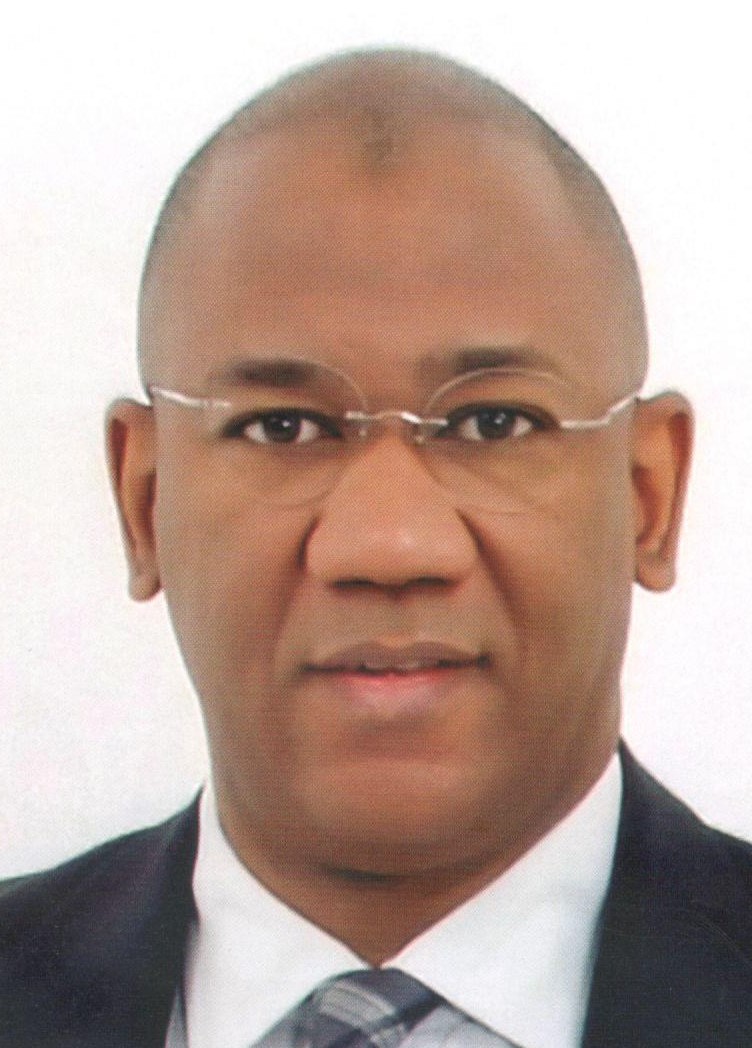
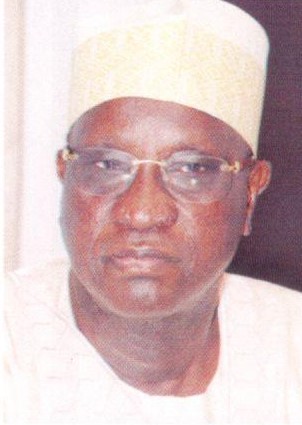
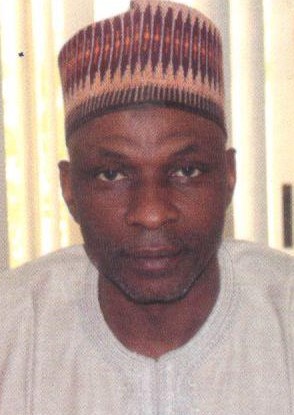
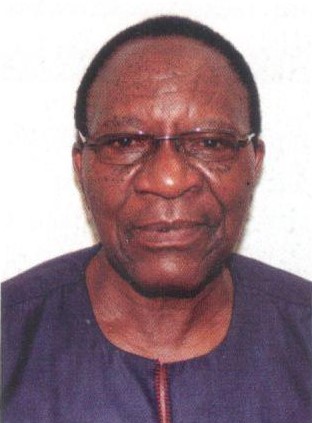
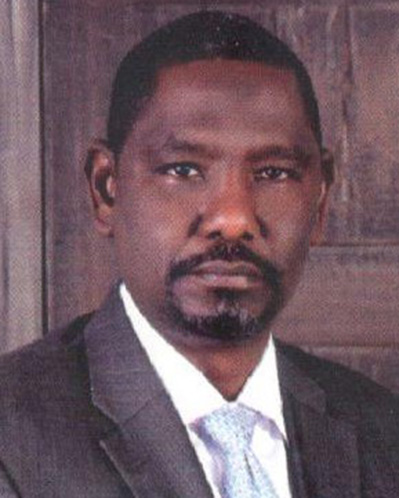
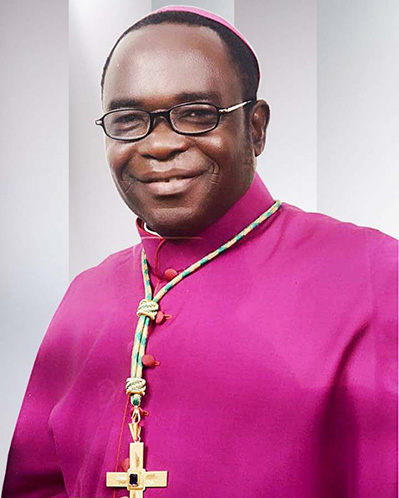
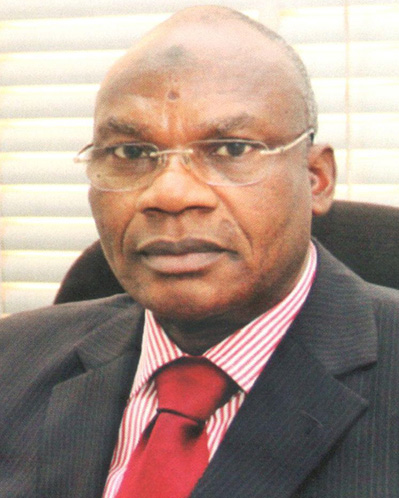
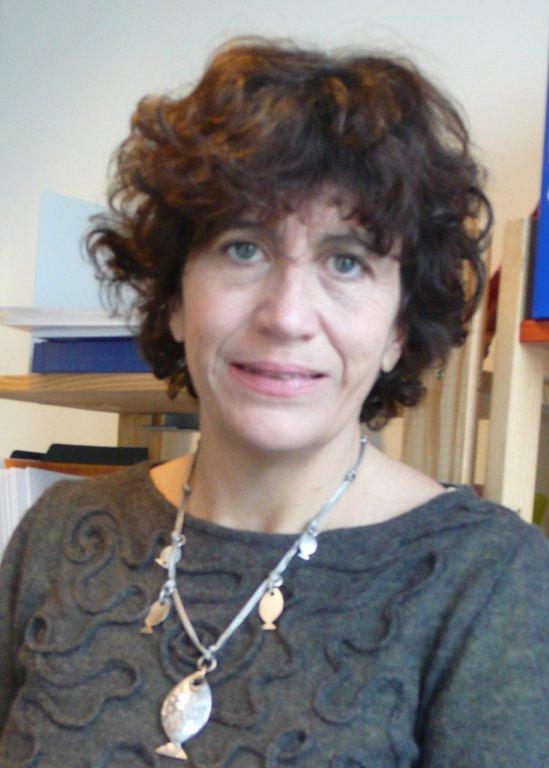
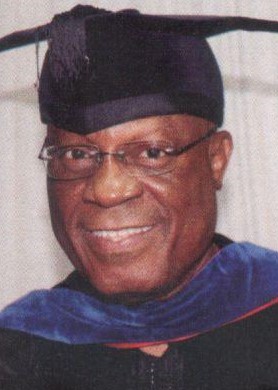
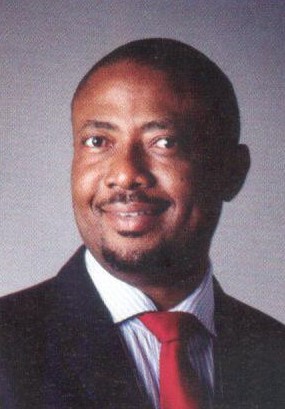
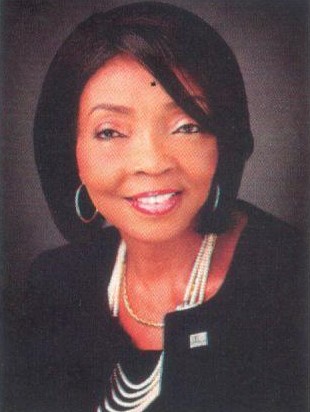
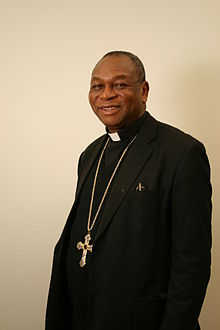
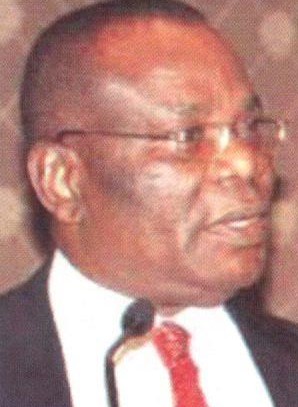
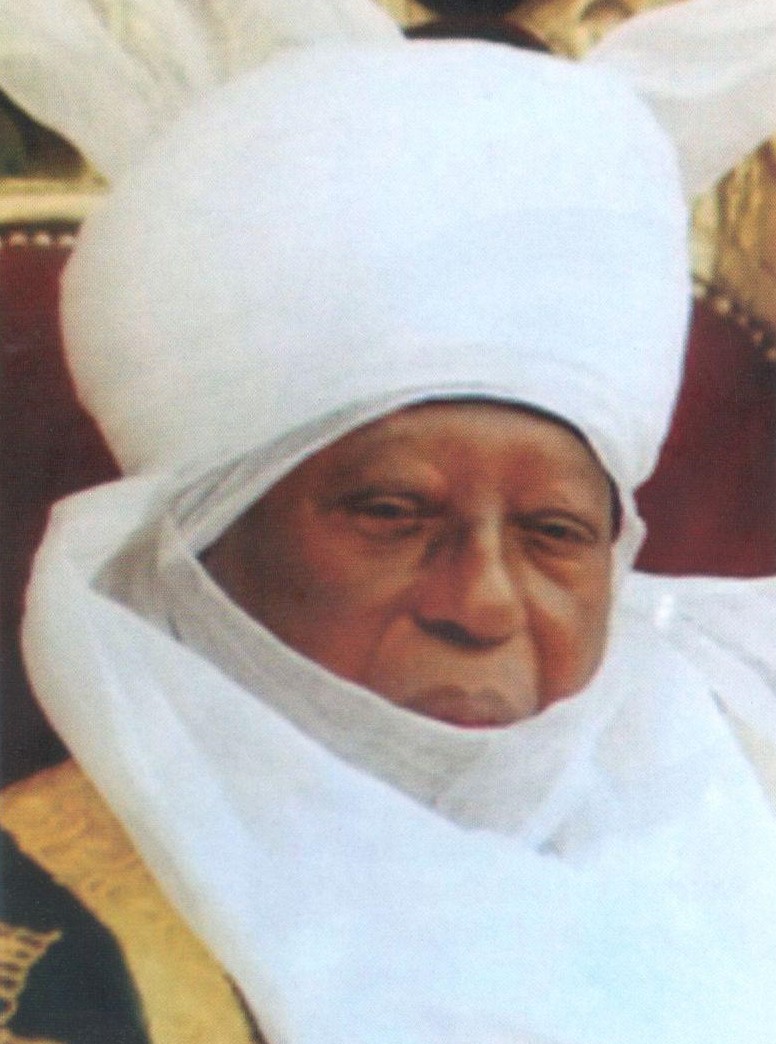
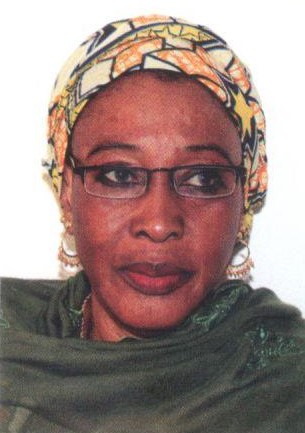
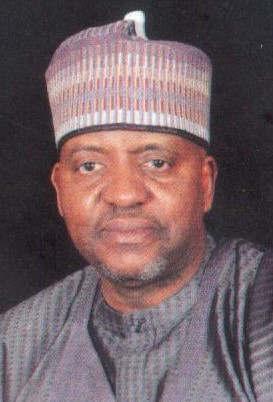
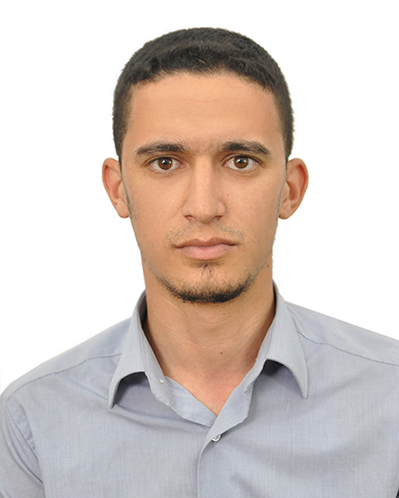
Mahfoud Ali Zoui is a professor of civilization at the Department of English, Guelma University, Algeria. He is the author of many papers including: “Freedom of Expression and the Right to Offend: Western Vs. Islamic Perspectives”, and “Media Discourse and Intolerance of Muslim Post -9/11 Visibility in the West: The British Context”. He presided over the organizing committee of the international conference “15 Years in the New Millennium: The Grand Upheavals; Global Security, Ideological Conflict and Literary” held at Guelma University in November 2016. His research areas of interest include faith minorities and intercivilizational dialogue, political Islam, and multiculturalism.
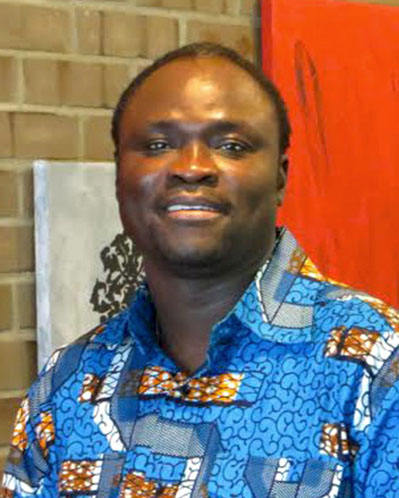
Jean-Baptiste Sourou is Professor of Communications and the founder and president of the Center for Documentation and Research on Art and Social Sciences (CeDReS Project) in Benin Republic. He also teaches African Cultures and Migrations in universities and schools in Italy. He holds a BA, MA, and PhD in Social Communications and Social Sciences from the Gregorian University. He also has a BA and MA in Theology from universities in Padua and Rome. He is an international media practitioner, and won The International Award of Solidarity with Refugees at the 2013 and 2016 International Journalism and Media Awards, and the Award of the Best Writer/Author at the 2013 Africa-Italy Excellence Awards. Prof. Sourou’s research interests center on rites, dance, and music, and the relationship between media, culture, and religion, especially in Africa. His research has earned him international honours such as the 2012 African Studies Association (ASA) Presidential Fellowship, and the 2007 International Award in Media, Religion, and Culture. He also researches African immigration through the Mediterranean Sea to Europe. He has founded two associations, Cedres NGO in Benin and Il Cedro in Italy, to promote education in Africa as a solution to the endless flow of African forced migrations towards Europe. He has published writings on African cultural, social, and religious life. He is a member of the International Society in Media, Religion, and Culture, and Consultant for the Observatory of Media and Religion in Canada.
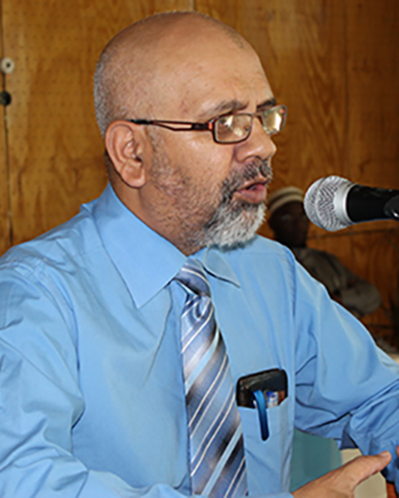
Muhammed Haron is a South African professor who is based in the Department of Theology & Religious Studies at the University of Botswana. He authored The Dynamics of Christian-Muslim Relations (2006), edited Going Forward: South African-Malaysia Relations (2008), compiled/edited South Africa’s Muslims: Annotated Bibliography (1997), and South Africa’s Truth and Reconciliation Commission: An Annotated Bibliography (2009), and co-edited Islamic Civilization in Southern Africa (2009) and Muslim Higher Education in Postcolonial Africa (2016). He edited special issues on ‘Arabo-Islamic Manuscripts [in Africa]’ for Tydksrif vir Letterkunde (Pretoria 45:1, 2008), and a special issue on ‘Muslims in Southern Africa’ for BOLESWA: Journal of Theology, Religion and Philosophy (University of Botswana 4:1, 2012). He co-edited Annual Review of Islam in Africa (Cape Town 2015/2016).
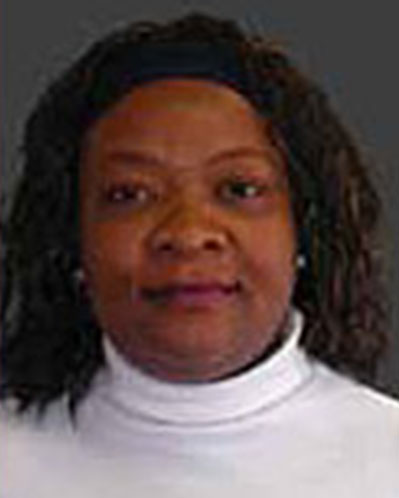
Helen Namondo Linonge-Fontebo earned a Doctor of Literature and Philosophy (DLitt et Phil) in Sociology, from the University of South Africa, South Africa as well as a Masters degree in Women and Gender studies and a BSc double major in Women’s Studies and Law from the University of Buea Cameroon. She is an alumnus of the Study of the United States Institute (SUSI) on Religious Pluralism and Public Presence from the University of California, Santa Barbara and Lecturer in the Department of Women and Gender Studies, University of Buea, Cameroon. She is also a part time lecturer in the Department of Sociology and the Pan African University.
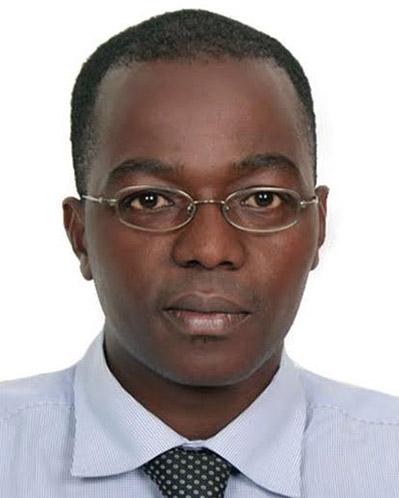
Dr. Célestin Gnonzion obtained his PhD from the Pontifical Gregorian University of Rome in Italy in 2008. He is founder and President of the Ivoirian Network for promotion of Ethics in Society (Réseau Ivoirien pour la promotion de l’Ethique dans la société-RIPES). Dr. Gnonzion is a teacher in the Faculty of Information, Communication and Arts, Félix Houphouet-Boigny University in Ivory Coast. He lectures on topics of journalism and ethics such as Ethics of Public Social Communications, Ethics and Deontology in Media and Methods, and Techniques of Social Science. He has published on topics such as the impact of press on democratic processes, ethical decision-making factors of journalists, and Ivory Coast and media freedom.
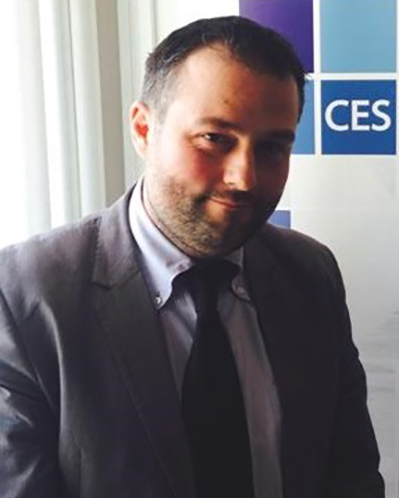
Dr. Vanja-Ivan Savić earned a first law degree (cum laude), a master’s degree in Science in Law, and a PhD in Legal Theory and Corporate Criminal Law from the University of Zagreb. In 2005 he was British Chevening Scholar at The University of Edinburgh, where he clerked for Rt. Hon. John Robert Reed, now judge of the Supreme Court of the United Kingdom, and in 2010 he was an International Fellow at DePaul University’s International Human Rights Law Institute. Most recently he served as Distinguished Visiting Research Fellow at the University of Adelaide’s Research Unit for the Study of Society, Law and Religion, a visiting scholar at the Buffett Center at Northwestern University, and a guest professor at DePaul University. Dr. Savić was also visiting researcher and lecturer at the University of Vienna, and serves as an assistant professor at the University of Zagreb, Faculty of Law where he works as Head of the Legal Theory Department. His area of expertise includes legal theory, theory of law and state, law and religion, corporate criminal law, and human rights. He has published articles in Croatian, English, and Vietnamese including a textbook on criminal liability of juristic persons, and co-created an academic blog. He is co-editing a book with Paul Babie that is forthcoming. In 2016 he was a Croatian representative for the European Consortium for Church and State Research, and a consultant for OSCE’s platform for making Guidelines for FoRB practices in OSCE member states. Dr. Savić has conducted workshops on combatting human trafficking in Vietnam and in Croatia, and has been a participant and speaker at various conferences and workshops including the "Religion and The Rule of Law" training program in Myanmar 2017.
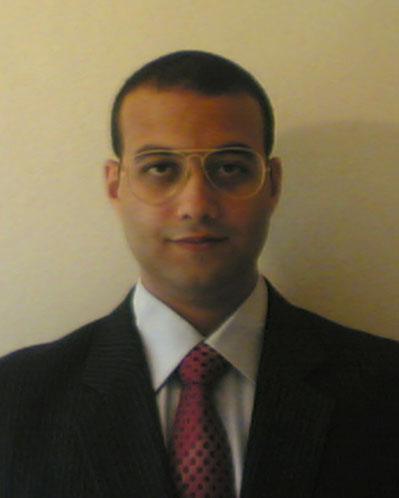
Mohamed Abdelaal is an Assistant Professor of Law at Alexandria University, Faculty of Law, Egypt, and Adjunct Professor of Law at Indiana University Robert H. McKinney School of Law, Indianapolis, IN. Abdelaal earned his Bachelor of Laws (LLB) degree from Alexandria University, Faculty of Law (English Department) in 2009, a diploma in public law in 2010, and his Master of Laws degree (LLM) and Doctor of Juridical Science (SJD/PhD) from Indiana University Robert H. McKinney School of Law in 2011 and 2014 respectively. He focuses his teaching and scholarship on the areas of Constitutional Law, Administrative Law, Islamic Law, Islamic Constitutional Law, and International Human Rights. Abdelaal has authored articles in law reviews, and he served as a presenter and a panelist in several law conferences and workshops in the USA. Meanwhile, he is licensed to practice law in Egypt and he is admitted as a certified arbitrator under the Egyptian Law. Also, he is a permanent member of the Egyptian American Rule of Law Association (EARLA), Washington D.C., and has been invited for two consecutive years (2012-2013) to serve as an Egyptian expert to draft the Rule of Law Index Report sponsored by the World Justice Project (WJP).
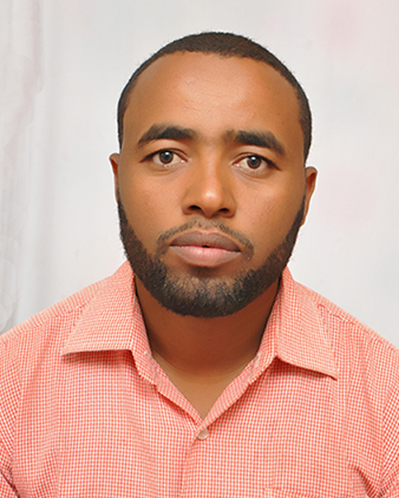
Mohammed Jemal Ahmed earned a BA Degree from Madawalabu University in History & a MA degree from Addis Ababa University, Ethiopia in Tourism and Development. From 2009-2016 he was Lecturer of History and Tourism at Jigjiga University. Currently he is a lecturer and researcher at Wollo University, Ethiopia and a PhD student of Tourism at Katib Celebi University, Turkey.
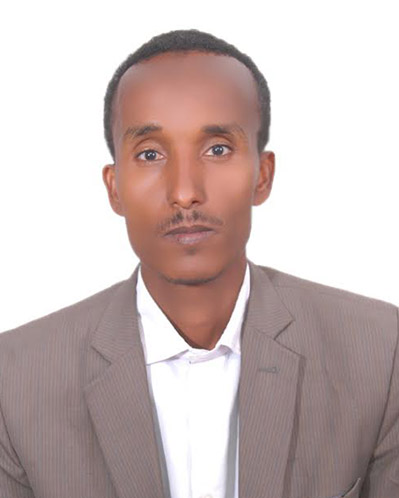
Mohammed Dejen Assen obtained a BA Degree in History in 2000, an MA Degree in 2009, and a PhD Degree in 2016 in Federal Studies from Addis Ababa University. He also received his LLB Degree in Law from Mekelle University in 2012. Currently, he is an Assistant Professor at Addis Ababa University. His research interests include; religion and human rights, federalism, minority rights, and secularism among others.
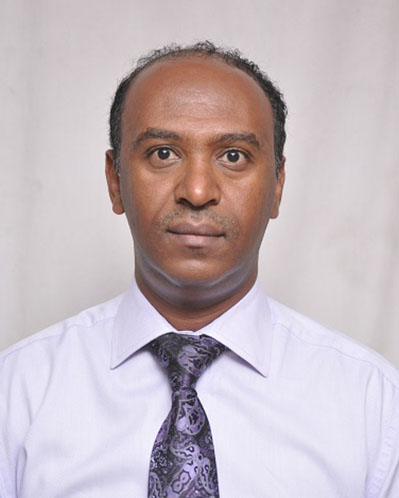
Theodros Assefa Teklu completed a PhD (2013) at the University of Manchester under the supervision of Prof. Graham Ward. Before that, he earned a postgraduate diploma and MA in Biblical and Theological Studies from the Ethiopian Graduate School of Theology (EGST), and a BSc from Addis Ababa University, Ethiopia. His professional experience includes teaching, research, and educational administration. He published his first book, The Politics of Metanoia: Towards a Post-Nationalistic Political Theology in Ethiopia, with Peter Lang Publishers in 2014. Currently, he is serving as lecturer and Head of Academic Affairs at Ethiopian Graduate School of Theology.
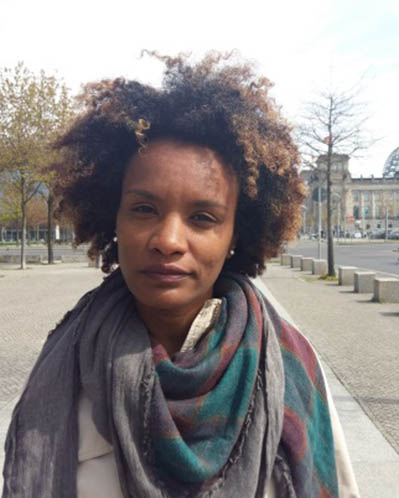
Serawit Bekele Debele is a Fritz Thyssen Stiftung postdoctoral fellow based at the University of Bayreuth, Germany. Currently she is conducting research on Irreecha celebration and its political significance among the Oromo living in Europe. She has published articles on women and religious authority, female leaders in new religious movements, fieldwork in the study of religion, and religion in revolutionary Ethiopia. Her forthcoming book is titled Managing Irreecha Ritual: Religion in post-1991 Ethiopia.
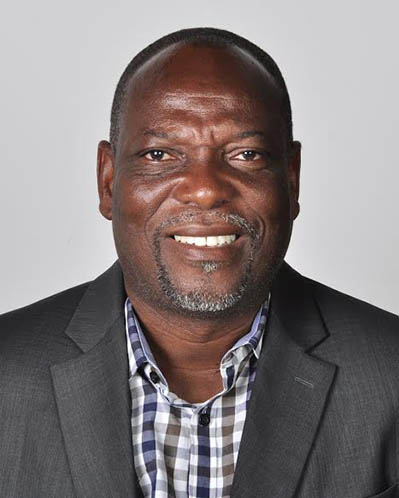
John Ghartey Esubonteng is currently a third year PhD candidate at the Department for the Study of Religions, University of Ghana researching the dynamics of leadership and governance within Pentecostal Charismatic churches. He is a senior associate minister of the Living Streams International, a Charismatic Church in Ghana.
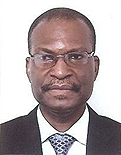
Dean of the School of Law, University of Ghana. Before joining the University of Ghana he taught at the University of Nigeria Enugu Campus. Fulbright Scholar at the Harvard Human Rights Program between 2001-2002 and a McArthur Foundation Visiting Scholar at the University of Wisconsin in 1992. Teaching and research interests include Constitutional Law, Human Rights, International Humanitarian Law, Jurisprudence, Governance, Elections Law, Law and Religion, and Alternative Dispute Resolution. Member of the General Legal Council of Ghana and on the Advisory Board of the Ministry of Justice. For several years he has been the President of the Ghana Association of Certified Mediators and Arbitrators.
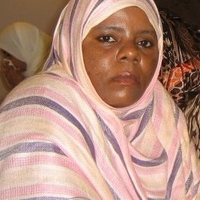
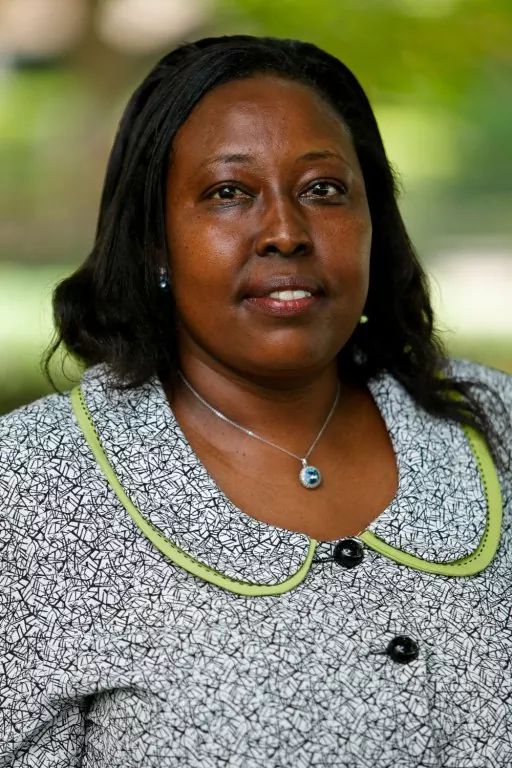
Damaris Seleina Parsitau is a lecturer and a researcher of Kenyan Pentecostalism based at Egerton University, Kenya. She has published more than 20 book chapters and journal articles on Kenyan Pentecostalism. She recently completed her PhD thesis on Neo-Pentecostalism: Its Civic and Public Roles in Kenya (1970-2012). Currently, she is researching Pentecostals and politics, Christian churches, Islamophobia, and the Kadhi court controversy, prophesy and prayer as civic engagement. She was a visiting research fellow at the University of Cambridge, UK, and a visiting fellow at the University of Edinburgh, Scotland, UK.
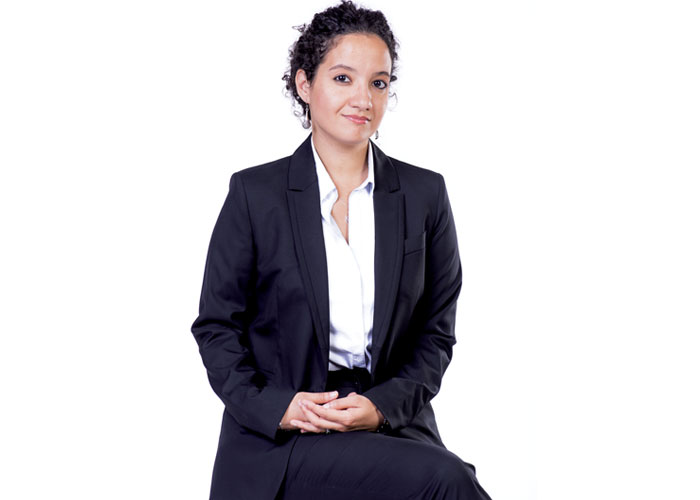
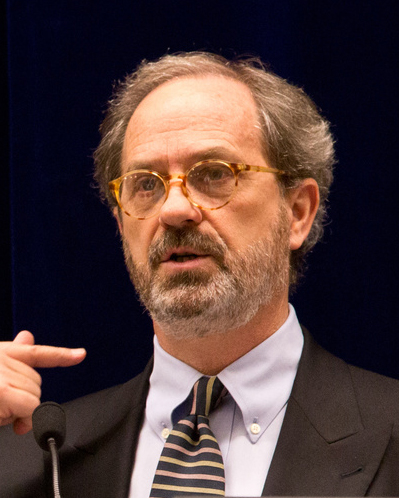
T. Jeremy Gunn, now at the International University of Rabat, was previously Professor of International Studies in the School of Humanities and Social Sciences at Al AKhwayn University. Prior to these appointments in Morocco, he served as director of the program on Freedom of Religion and Belief at the American Civil Liberties Union and as director of research at the US Commission on International Religious Freedom. He earned his PhD from Harvard University, JD from Boston University (magna cum laude), MA from the University of Chicago, and BA in International Relations and Humanities from Brigham Young University. His publications include his Harvard dissertation, published as A Standard for Repair: The Establishment Clause, Equality, and Natural Rights, and the articles 'Religious Symbols in Public Schools: The Islamic Headscarf and the European Court of Human Rights Decision in Sahin v. Turkey'; 'Permissible Limitations on Religion'; 'Freedom of Religion and International Politics', World Politics Review; 'Religious Symbols and Religious Expression in the Public Square'; 'The Human Rights System'; and the book, No Establishment of Religion: America’s Original Contribution to Religious Liberty, ed. with John Witte Jr. (OUP 2012).
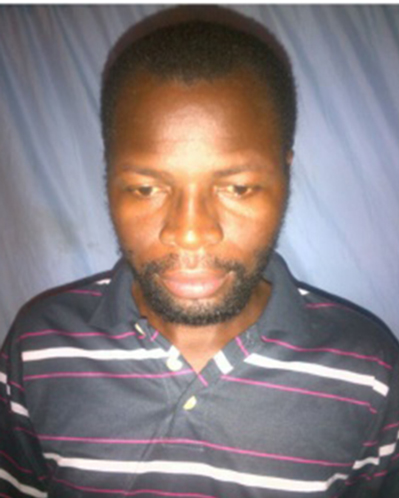
Júlio Raimundo Machele earned a degree in History with Honours from the University Eduardo Mondlane, Maputo, Mozambique in 2008. He is Assistant Lecturer at the Faculty of Arts and Social Sciences, University Eduardo Mondlane from 2008 to the present. His research interests include: Social Medicine; Traditional Medicine; Public Health; Environmental History; Poverty; Development; Urbanization; Music; and Religion.
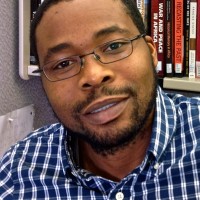
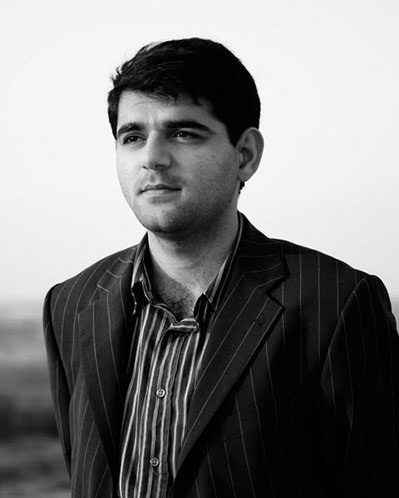
Sohail Wahedi is a PhD Candidate at Erasmus School of Law in the Netherlands. His research elaborates on the liberal theories of religious freedom, and it aims to theorise, from that perspective, the relationship between law and religion. His work has been published in, among others, the Oxford Journal of Law and Religion and it covers topical issues such as ritual circumcisions and religious clothes. Prior to his appointment as PhD Candidate, Sohail was working student at De Brauw Blackstone Westbroek Lawyers and Notaries in Amsterdam. Next, he was deputy clerk of the Rotterdam District Court. From July 2011 until December 2011, Sohail was an intern at the Dutch Ministry of Foreign Affairs.
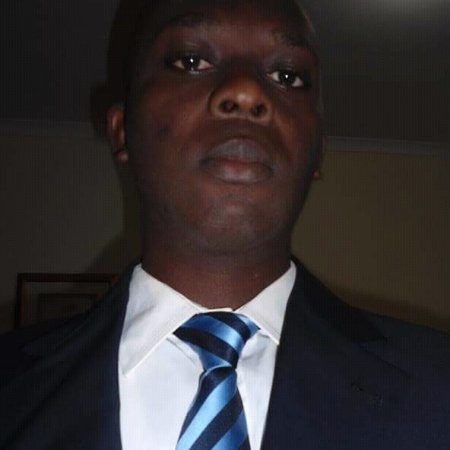
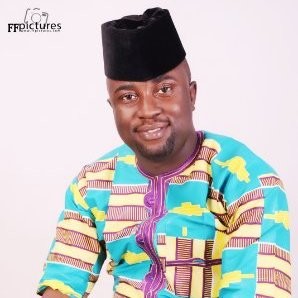
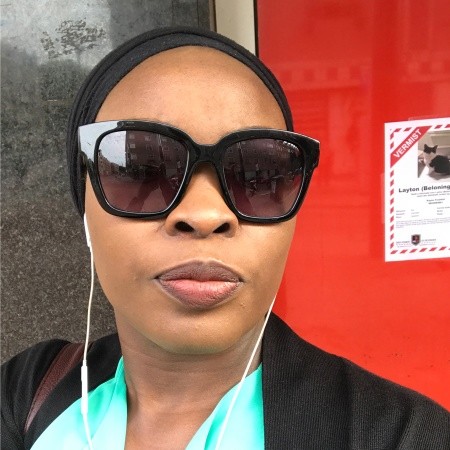
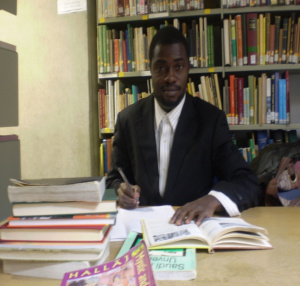
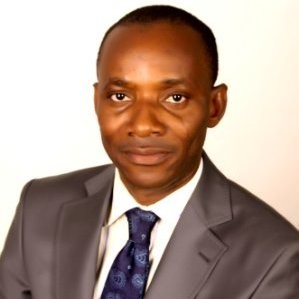
Dr. Samuel Amadi has a PhD in law from Harvard Law School, an MPA
from the Kennedy School of Government, and an LLM from Harvard
Law School. In 2017 he served as Chairman of the Senate Technical
Committee on Competition and Consumer Protection Bill, and of the
Senate Joint Technical Committee on Transport Sector Reform Bill. From
September 2016 to the present he has served as Head of Department of
Jurisprudence and International Law, Baze University, and from March
2016 as a visiting research fellow at the Nigerian Institute of Advanced
Legal Studies. Previously, he was Chairman and Chief Executive Officer
of the Nigerian Electricity Regulatory Commission (NERC). He has been
a member of various government committees and initiatives as well as a
consultant on human rights and the rule of law. He has written or edited
several publications. He is a member of the Nigerian Bar Association,
the Center for Law and Social Action, and the Maldova Foundation.
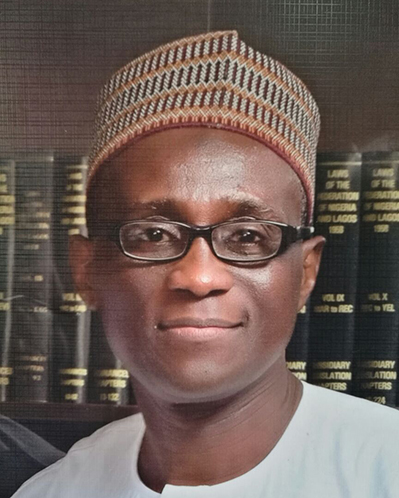
Brigadier General Saleh Bala (retired) is a Senior Adviser to Lt. General (retired)
Abdulrahman Bello Dambazau CFR, PhD, the Honourable Minister of Interior, Federal
Republic of Nigeria. He is also the Chief Executive Officer of White Ink Consult, a private
defense and security research, strategic communications, and training consultancy firm
based in Abuja, Nigeria. He holds a bachelor’s degree in literature from the University
of Maiduguri, Nigeria (1982), a master’s degree in international peace studies from the
University for Peace, San Jose, Costa Rica (2006), and another master’s in national security
strategy from the National Defense University, National War College, Washington, DC,
USA (2009). He is an honours graduate of the Special Forces Detachment Officers
Qualification Course (1991), John F. Kennedy, United States Special Warfare Centre, Fort
Bragg, North Carolina; an alumnus of the International Institute of Humanitarian Law,
Sanremo, Italy, International Refugee Law Course (2010); and a member of the institute’s
Training Advisory Group. He is also a Resource Associate of the Africa Centre for Strategic
Studies, National Defense University, Washington, DC, and the Africa Institute for Strategic
and Security Studies, Alexandria, Virginia, USA. Bala was commissioned into the Nigerian
Army on 15 December 1984. He served in various command, staff, and training capacities,
which included company commander, 72 Parachute Battalion (1987–1988), and instructor at
the Nigerian Army Infantry School, Airborne, Tactics and Special Warfare Wings (1988–
1993). He also served as an instructor at the Nigerian Defence Academy (1993–1995) as
well as a directing staff member at the Nigerian Armed Forces Command and Staff College
(2002– 2004) and the National Defence College (2009–2011). Bala had peacekeeping
experience as a UN Military Observer at the United Nations Verification Mission in Angola
II (1995–1996) and was the Military Chief of Staff, United Nations Operations in Cote
D’Ivoire (2011–2012). His last military assignment was as the Chief of Staff, Nigerian Army
Infantry Corps Center (2012–2013).
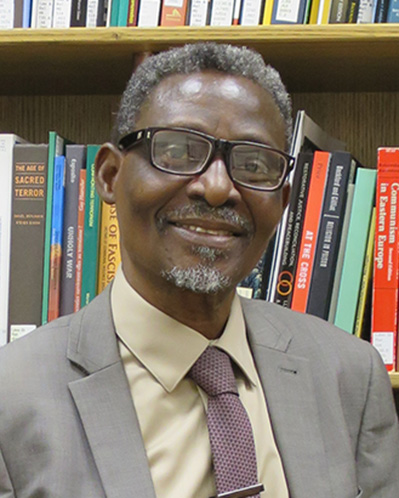
Akinola Ibidapo-Obe is Professor and former Dean of the Faculty of Law, University of Lagos, Akoka, Lagos, Nigeria. As Dean of Law, he pioneered the introduction of Law and Religion studies as an approved course in the Curriculum of the Faculty of Law of the University of Lagos for the 2016/2017 session. He is the former Director of the Centre for Human Rights (CHR) in the Faculty of Law. Professor Ibidapo-Obe's involvement with the law and religion movement began when he attended the 21st International Conference on Law and Religion held in Provo in October 2014. His faculty subsequently hosted an International Conference, "Towards Law and Religious Freedom in Africa", with support from Brigham Young University (BYU). Ibidapo-Obe together with his colleagues in several other Nigerian Universities and the Nigerian Bar Association (NBA) branches in Lagos and Ikeja, have formed the Nigeria Association for Law and Religion Studies (NALARS) and the West African Regional Centre for Law and Religion Studies (WARCLARS) to promote teaching and research on law and religion in Nigeria and the West Africa sub-region. NALARS, WARCLARS, ACLARS, ICLARS, and the National Judicial Institute of Nigeria are also collaborating to organize the 1st National Judicial Roundtable on the Intersection Between Law and Religion: World Perspectives in the Nigerian Capital, Abuja on June 20, 2016.
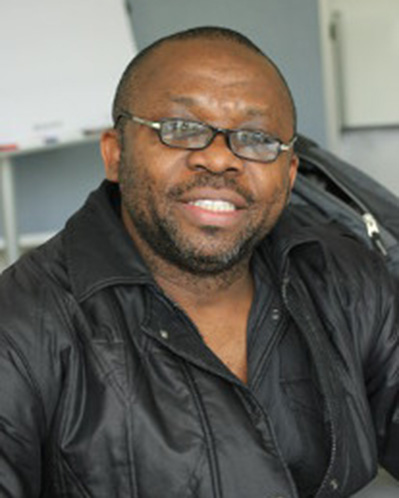
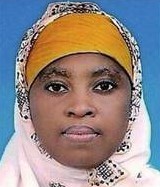
Dr. Habibat Oladusu-Uthman obtained her PhD from the International Islamic University Malaysia specializing in Islamic and other civilizations. Her areas of interest includes Gender studies, cultural criticism, modernity, History of Islam and Muslims in West Africa. She is the author of Muslim Women and the Politics of Emplacement (2011).
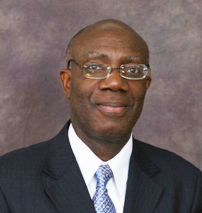
Adesina J. Olukanni joined the Center as Senior Fellow for Africa upon his retirement in late 2016 after nearly a decade of service in Public Affairs for The Church of Jesus Christ of Latter-day Saints in Africa. He has served in numerous Church positions, including high counsellor, branch president, district president’s counsellor, district president, mission president’s counsellor, stake president, Area Seventy, and counsellor in the Africa West Area Presidency. He was the Country Director in Nigeria for Church Education Systems of the Church between April 2004 and March 2007. He came into Public Affairs in April of 2007 as the Director of Public Affairs for the Church in the Africa West Area and the Africa South East Area. He served as Director in the Afrfica West Area until his retirement.
During nearly long tenure in Church public affairs, he helped launch and establish public affairs work in more than 30 countries in sub-Saharan Africa. He helped build and maintain important relationships with the news media, leaders of other faiths, government leaders, tribal kings, community leaders, and academics.
Through his relationship-building and event-planning efforts, there is now a widespread awareness of the need to protect religious freedom in Africa. This awareness has generated annual religious academic conferences in Nigeria and Ghana attended by hundreds of law faculty law and religion students and many members of the bar and judiciary, including Supreme Court Justices and appellate judges. It has also led to the formation of the Law and Religion Center and Association in West Africa and Nigeria.
Adesina was the Head of Information Technology, Department of the West African Portland Cement Plc. Lagos, Nigeria (formerly a subsidiary of Circle Cement now Lafarge Cement) for 11 years out of a total of 17 years he spent working for the Company. Before that in he worked in management positions in other blue chip companies in Nigeria, including the A. G. Leventis Group. During his career in Information Technology, he developed hundreds of business systems. His work during this period in system design and development and as ICS administrator provided him with a tremendous wealth of experience in building relationships of trust with people of diverse vocations and backgrounds.
Adesina has a bachelor’s degree in Computer Science and Economics from the University of Ife (now Obafemi Awolowo University, Ile-Ife) and a Master of Science degree in Computer Science from the University of Lagos, Nigeria.
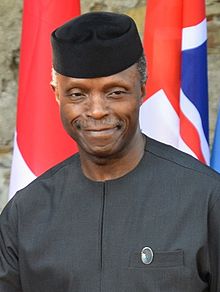
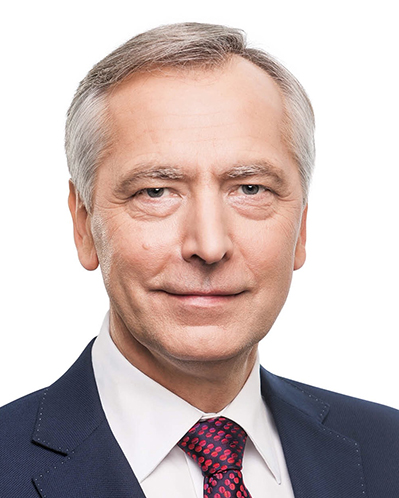
In May 2016 Ján Figeľ was nominated by the European Commission as the first Special Envoy for promotion of freedom of religion or belief (FoRB) outside the European Union. Formerly European Commissioner for Education, Training & Culture, Mr. Figeľ has also held other positions such as State Secretary of the Ministry of Foreign Affairs and was the Chief Negotiator for Slovakia's accession into the EU. He joined the Christian Democratic Movement party in 1990 and was elected in 1992 as an MP to the National Council of the Slovak Republic, serving on its Foreign Affairs Committee and becoming a member of Slovakia's delegation to the Council of Europe. In 1998 he was appointed State Secretary of the Ministry of Foreign Affairs, and was also the representative of the Slovak government in the European Convention which drafted the European Constitution. From 2004 to 2009 he served as European Commissioner for Education, Training, Culture and Multilingualism, with a brief stint as Commissioner for Enterprise and Information Society. In 2009 he was elected leader of the Christian Democratic Movement in Slovakia. He stepped down from his Commission post in 2009 following his election as leader of the Christian Democratic Movement in Slovakia.
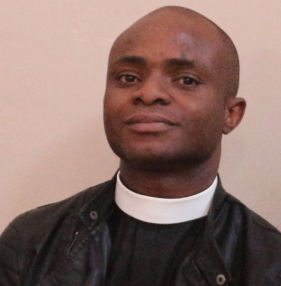
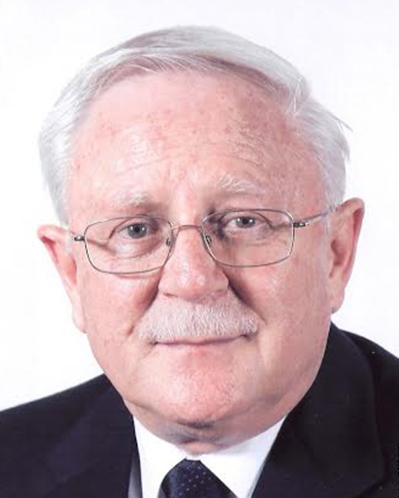
Retired professor of Theology at the University of Stellenbosch, Professor Coertzen still teaches a course in Comparative Canon Law at the KU Leuven every year. He is chairperson of the Unit for the Study of Law and Religion in the Beyers Naudé Centre for Public Theology, Faculty of Theology, University of Stellenbosch and President of the African Consortium for Law and Religion Studies (ACLARS). He holds seven degrees: BA, BA Hons, and MA in Philosophy (Pothefstroom University for Christian Higher Education); Bachelor of Theology, Licentiate in Theology, and Master of Theology in Ecclesiology, and doctorate degree in Theology (Ecclesiology) (University of Stellenbosch). For the Dutch Reformed Church, he has served in many capacities, including Parish Minister, Actuarius, and Church Law Committees. He was Senior Lecturer in Ecclesiology, Professor, and Dean of the Faculty of Theology (University of Stellenbosch). He has published 36 articles in NGTT (of which he has been editor for many years), has written 14 books, and is co-author or editor of more than 30 other publications. Among many honors and activities: Chairman of the Huguenot Memorial Museum in Franschhoek.
Mr. Tshimangadzo Edward Mafadza studied at the following institutions: Andrews University (USA) – BA Ed (English) in 1996; University of Venda – Honours in Gender Studies in 2000; University of Free State – Masters in Development Studies (MDS) in 2003; University of Witwatersrand – Masters in Management (Public & Development Management) in 2012. He was a lecturer in his early carreer. He worked for the Commission for Gender Equality in Limpopo as a Provincial Education and Information Manager. He then moved to the Commission for the Promotion and Protection of the Rights of Cultural, Religious and Linguistic Communities (CRL Rights Commission) as a Director for Community Engagement. He is currently the Chief Executive Officer of the CRL Rights Commission.
THOKO MKHWANAZI-XALUVA’S SHORT BIO
Thoko was born and raised in Durban. She studied at the University of Fort Hare and the University of Zululand. She holds a degree, a post graduate degree and a post graduate diploma from the two institutions. She was a teacher and a student counsellor in her earlier career life. She later worked as a researcher in Early Childhood Development. She was also responsible for setting up the first Office on the Rights of the Child in the Presidency as the head of that office. She then moved to being a consultant on the rights of women and children with a special focus on the impact of culture and religion on the realisation of those rights. She then moved to the Commission for the Promotion and Protection of the Rights of Cultural, Religious and Linguistic Communities (CRL Rights Commission) as a Director for Public Education. She then also became the Chairperson of the Arts, Culture and National Heritage Distributing Agency of the National Lotteries Board. She is passionate about building the capacity of Non Profit Organisations in order for them to play an even bigger role in development. She is a mother, a child rights and gender equity activist. She is currently the Chairperson of the CRL Rights Commission.
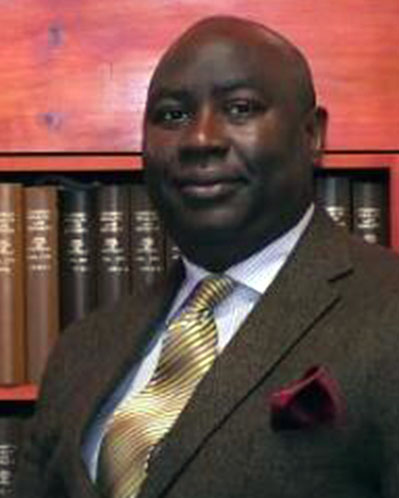
Professor Enyinna Sodienye Nwauche teaches in the area of company and commercial law with research interests in human rights in Africa; intellectual property and development; business and human rights; trade and culture; legal pluralism in Africa; law and religion; regional integration in Africa, and constitutionalism in Africa. He was Director of the Nigerian Copyright Commission (2002-2004); Dean at the Faculty of Law Rivers State University of Science and Technology (1999-2002); Member of the 8th & 9th Governing Councils of Rivers State University of Science and Technology; Director of the Centre for African Legal Studies Port Harcourt, and member of the Rivers State Economic Advisory Committee. He has published extensively in local and international peer reviewed publications; is a member of the editorial board of the Constitutional Court Review; a tutor at the WIPO Worldwide Academy, and a member of the Executive Council of the International Association of Constitutional Law (IACL). Professor Nwauche received his Bachelor of Laws (LLB) and Master of Law (LLM) degree from the Obafemi Awolowo University Ile-Ife. He also has a Doctor Legum (LLD) from the North-West University (Potchefstroom campus).
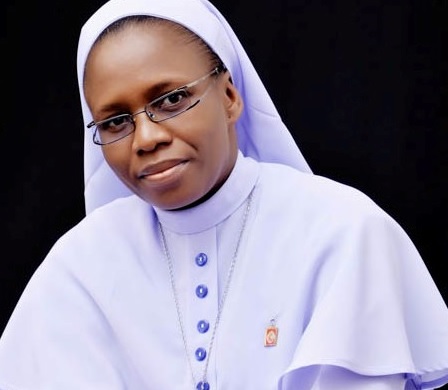
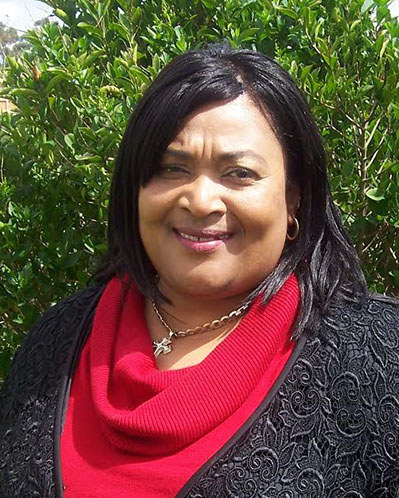
Prof. Mary Anne Plaatjies van Huffel teaches Ecclesiology and Church Polity at the University of Stellenbosch. Currently, she serves as the moderator of General Synod of the Uniting Reformed Church in Southern Africa and was chosen in 2013 as the Africa President of the World Council of Churches. She is the holder of two doctorates, namely in Systematic Theology (UNISA) and in Church Polity (University of Pretoria). She has published articles in accredited journals. Amongst Prof. MA Plaatjies van Huffel’s major publications are the following: Control, secede, vested rights and ecclesiastical property; The relevance of Reformed church polity principles: Revisiting the concept; The Belhar Confession: Born in the struggle against apartheid in Southern Africa, guiding light today; and From Justifying war to justifying peace: An historical overview of the discourse in ecumenical circles.
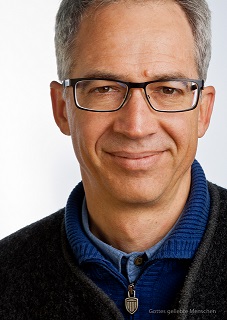
Dr. Christof Sauer has been a Professor of Religious Studies and Missiology at the Evangelical Theological Faculty in Leuven, Belgium since 2014. Simultaneously he is the Co-Director of the International Institute for Religious Freedom (Bonn – Cape Town – Colombo) and editor of the International Journal for Religious Freedom. He has been involved in the audit of methodology and outcomes of "World Watch List" on persecution of Christians. Sauer is currently an Associate Professor Extraordinary in Missiology at Stellenbosch University. He also supervises Doctoral students in the Department of Church History, Christian Spirituality and Missiology at the University of South Africa.
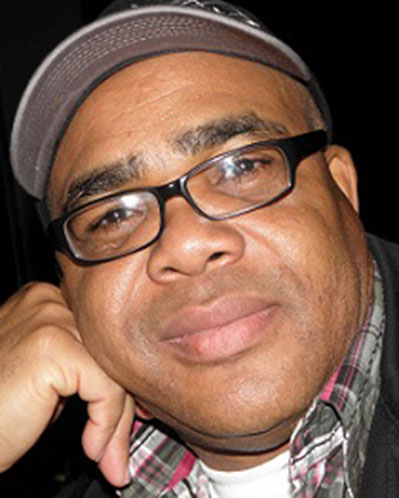
Asonzeh Ukah is a sociologist and historian of religion. He joined the University of Cape Town, South Africa, in 2013. Previously, he taught at the University of Bayreuth, Germany, from 2005 to 2013. He studied at the University of Ibadan, Nigeria, and the University of Bayreuth, Germany. He is the author of A New Paradigm of Pentecostal Power: A Study of the Redeemed Christian Church of God in Nigeria (Africa World Press, 2008) and co-editor of Bourdieu in Africa: Exploring the Dynamics of Religious Fields (Brill, 2016). He is Director of the Research Institute on Christianity and Society in Africa (RICSA), University of Cape Town, South Africa, and Affiliated Senior Fellow of Bayreuth International Graduate School of African Studies (BIGSAS), University of Bayreuth, Germany.
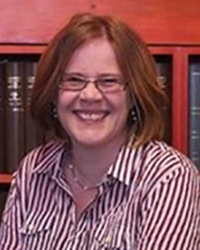
Helena van Coller is Associate Professor and course co-ordinator for Commercial Law 1 in the Faculty of Law at Rhodes University, South Africa. She also teaches Administrative Law to final year LLB-students. She joined the Faculty in July 2005. She obtained her LLB and LLM degrees (both with distinction) from the University of the Free State and an LLM (with distinction) from the University of Utrecht. She lectured part-time at the University of the Free State and supervised students from the Governance Programme, after obtaining a Master’s degree in Governance and Political Transformation from UFS in 2008. She was admitted as an advocate in 2004. She submitted her LLD (in Administrative Law) at the end of 2011 and graduated in 2012. She is an Advocate of the High Court of South Africa.
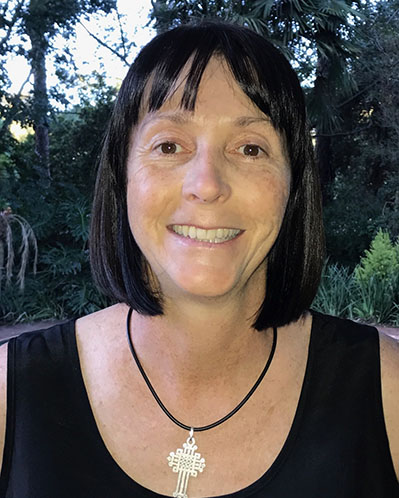
Yolanda van der Vyver holds a Master’s degree in Architecture from the University of Pretoria. For her thesis she rewrote the curriculum for a course on the History of the southern African environment. She obtained a BA Honours in French and a BArch from the University of Pretoria. She is currently enrolled at the University of the Free State for her PhD titled A critical interpretation of the temporal impact of landscape, space and power on the built environment of Church Square, Pretoria (1841-2016). She has been practicing architecture since 1996, is a founding member of Y and K Architects, and a fellow of the Association of Arbitrators.
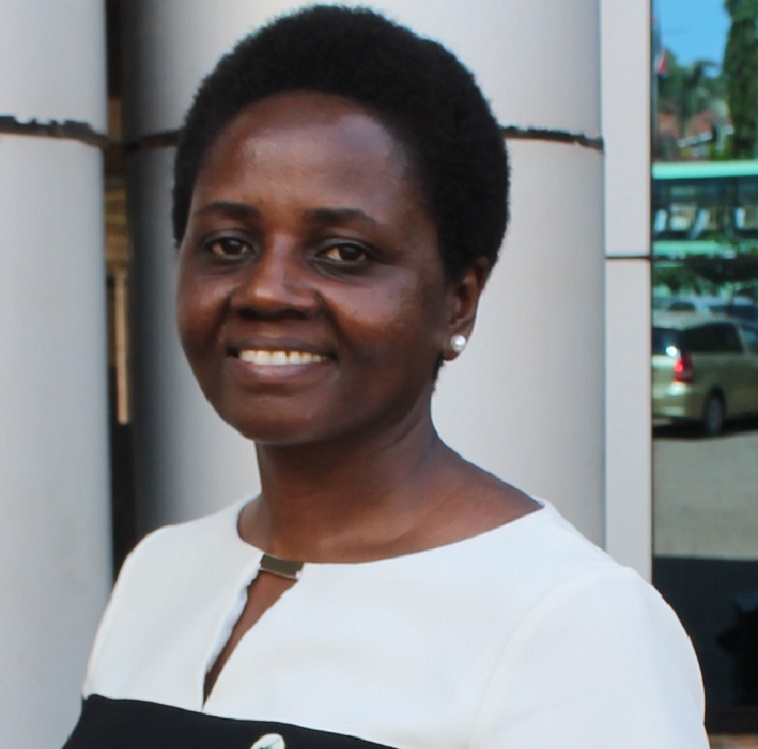
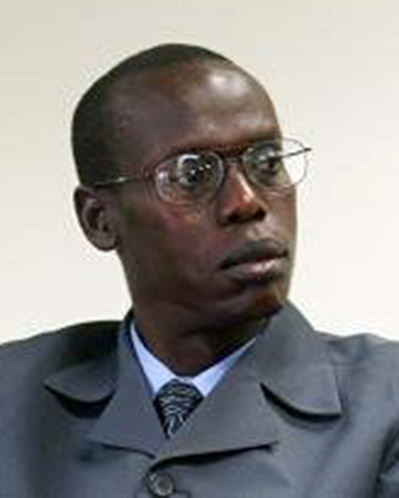
Mr. James Ojera Latigo is currently Academic Programmes Director, Lecturer, and Research Fellow at the Marcus Garvey Pan-Afrikan Institute/University. He is also a support consultant for Conciliation Resources (UK) – East and Central African Program and serves as Board Chairman of the Trauma Healing & Reflection Center (THRIVE – Gulu). His current interest is Restorative Approaches to issues of Governance, Justice and Peace, Human Rights, Culture and Religion, Production and Health in a trans-disciplinary manner. Mr Latigo is currently on sabbatical working on a research assignment titled “Piloting the Protection of Rights to Customary Land Ownership in Acholiland”. The project is in its second phase, “Instituting the Protection of Rights to Customary Communal Land in Acholi”, an initiative of the Joint Acholi Sub-regional Leaders Forum, working in partnership with Trocaire Uganda – an international NGO.
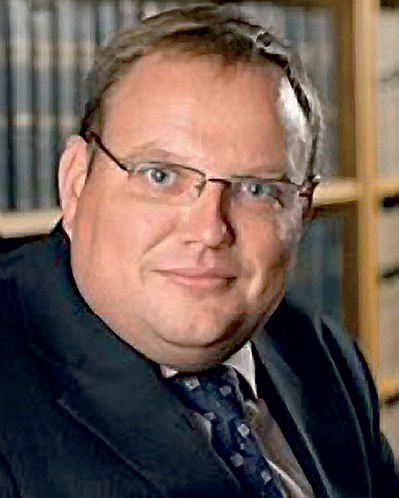
Mark Hill QC is a barrister specializing in ecclesiastical law and religious liberty. He has represented clients in the UK Supreme Court and the European Court of Human Rights. He is a recorder on the Midland Circuit (sitting in criminal, civil and family cases) and Deputy Judge of Upper Tribunal, Immigration and Asylum Chamber. He sits as judge in ecclesiastical courts of the Church of England and is Visiting Professor at Cardiff University’s Centre for Law and Religion (United Kingdom), at University of Pretoria in South Africa, and at the Dickson Poon School of Law at King’s College, London. Publications include Magna Carta, Religion and the Rule of Law, Religion and Law in the United Kingdom, Religion and Discrimination Law in the European Union, Ecclesiastical Law, Religious Liberty and Human Rights, and English Canon Law. He is a Consultant Editor of the Ecclesiastical Law Journal and a member of the Editorial Boards of the Oxford Journal of Law and Religion and the Revista General de Derecho Canónico y Derecho Eclesiástico del Estado. He is Ecumenical Fellow in Canon Law at the Venerable English College in Rome, and a former President of the European Consortium for Church and State Research. He is an accredited mediator, current co-chair, and a founder of BIMA, a charity which promotes faith-based mediation.
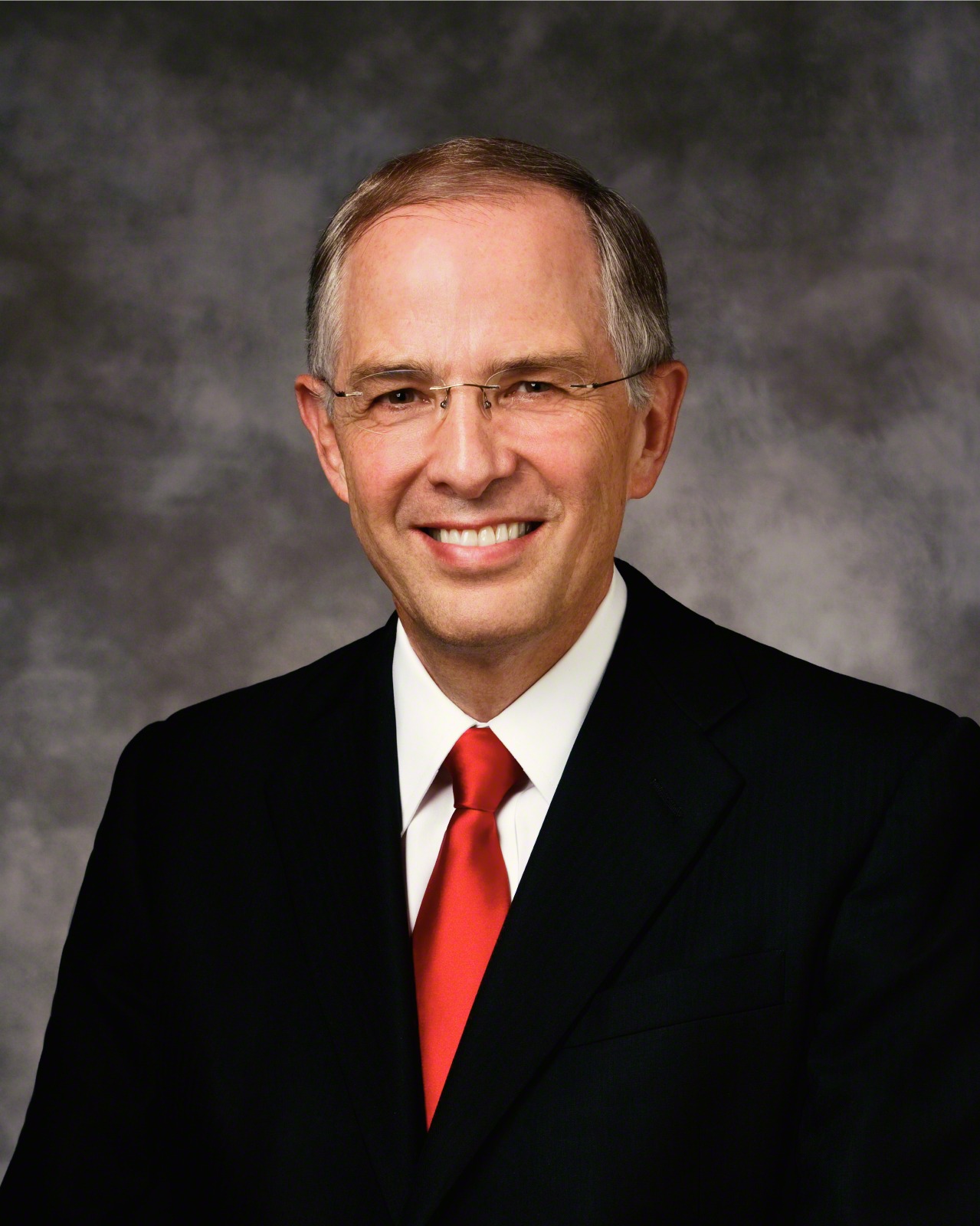
Elder Neil Linden Andersen was named an Apostle of The Church of Jesus Christ of Latter-day Saints on April 4, 2009. Elder Andersen was serving as the senior member of the Presidency of the Seventy prior to his calling to the Quorum of the Twelve. He was named a member of the First Quorum of the Seventy in April 1993. He previously led the work of the Church in southern Brazil and, again as a member of an Area Presidency, oversaw the Church in western Europe. He has also assisted in supervising the work of the Church in Mexico and Central America. In addition, he supervised Church audiovisual production, including the filming of The Testaments: Of One Fold and One Shepherd, and managed construction of the broadcast facilities in the Conference Center as the Executive Director of the Church Audiovisual Department. He speaks French, Portuguese, and Spanish in addition to his native English. Prior to his call as a General Authority, Elder Andersen served as a mission president in the France Bordeaux Mission and as president of the Tampa Florida Stake. He graduated from Brigham Young University, where he was a Hinckley Scholar, and earned a masters of business administration from Harvard University. After completing his education, he settled in Tampa, Florida, where his business interests included advertising, real estate development, and health care.
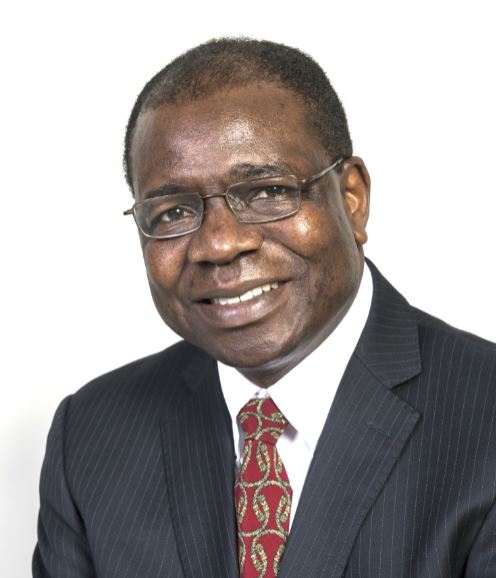
Elias Kifon Bongmba is the Harry and Hazel Chair in Christian Theology and Professor of Religion at Rice University. Professor Bongmba is President of the African Association for the Study of Religion. He has authored dozens of peer reviewed essays and book chapters and is author of The Dialectics of Transformation in Africa, which won the Frantz Fanon Prize in Caribbean Thought.
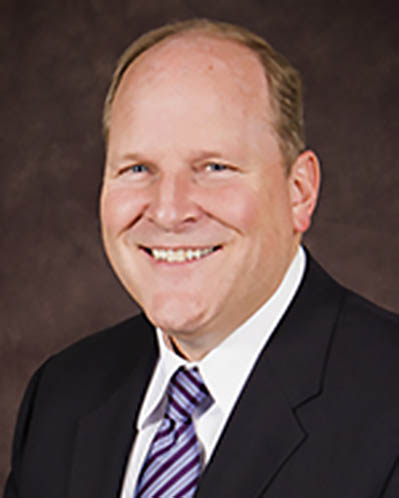
Gary B. Doxey, Associate Director, International Center for Law and Religion Studies, J. Reuben Clark Law School, Brigham Young University, joined the Center in 2005 and serves as regional advisor for Latin America. He also heads the Center’s development effort. He has co-authored several commentaries on draft legislation, and a number of amicus briefs in Latin America. He also teaches in the History Department at Brigham Young University. Professor Doxey’s career has been divided between academia and public service. Prior to joining the law school, he was chief of staff and general counsel to Utah governors Mike Leavitt and Olene Walker and served as deputy commissioner of financial institutions and as associate general counsel to the Utah Legislature. He has a PhD in History from Cambridge University and a JD from Brigham Young University. He speaks or reads several languages and has authored several scholarly publications.
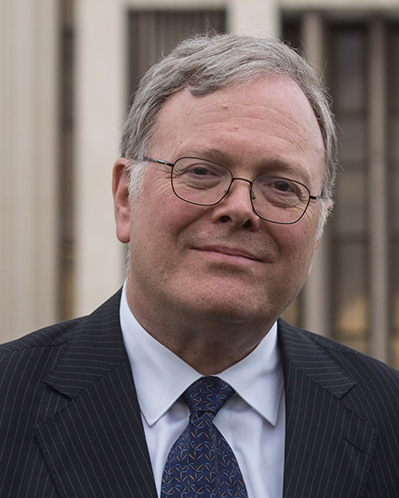
Cole Durham is the immediate past President of the International Consortium for Law and Religion Studies (ICLARS), and Susa Young Gates University Professor of Law and Founding Director of the International Center for Law and Religion Studies (ICLRS), at the J. Reuben Clark Law School of Brigham Young University. He is a graduate of Harvard College and Harvard Law School, where he was a Note Editor of the Harvard Law Review and Managing Editor of the Harvard International Law Journal. He has been heavily involved in comparative law scholarship, with a special emphasis on comparative constitutional law. He is a founding Editor-in-Chief of the Oxford Journal of Law and Religion. He served as the Secretary of the American Society of Comparative Law from 1989 to 1994. He is an Associate Member of the International Academy of Comparative Law. He served as a General Rapporteur for the topic "Religion and the Secular State" at the 18th Congress of the International Academy of Comparative Law, held in July 2010. He served in earlier years as Chair both of the Comparative Law Section and the Law and Religion Section of the American Association of Law Schools.
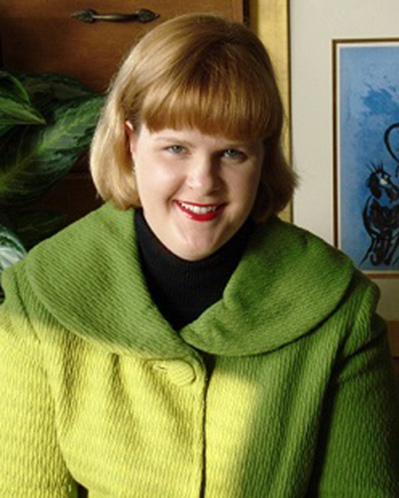
M. Christian Green is Senior fellow at the Center for the Study of Law and Religion and an editor at the Journal of Law and Religion at Emory University. She taught religious ethics at DePaul University, Harvard Divinity School, and the Candler School of Theology at Emory. During the 2010-2011 academic year, she was a visiting research fellow at the University of Notre Dame’s Kroc Institute for International Peace Studies, researching issues of religion, rights, and identity. Her general research interests include law and religion, human rights, feminism and the family, religion and world affairs, and global ethics.
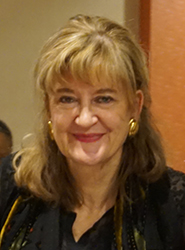
Prior to receiving her PhD in Religious Studies from the University of Aberdeen, Scotland, Rosalind Hackett taught at Nigerian universities. Since moving to the US, she spent a year as Liberal Arts Fellow in Law and Religion, Harvard Law School, and Senior Fellow, Center for the Study of World Religions. She was also a Rockefeller Research Fellow at the Kroc Institute of International Peace Studies at the University of Notre Dame. She was appointed a Mellon Fellow at the University of Cape Town in Religious Studies in 2014. She spent 2014-15 as Visiting Professor and Research Associate at the Women’s Studies in Religion program at Harvard Divinity School. She has published widely on religion in Africa. notably on new religious movements, religious media, gender and religion, regulation of religious diversity, and religion and conflict Recent (co-edited) publications include Displacing the State: Religion and Conflict in Neoliberal Africa (2011), The Anthropology of Global Pentecostalism and Evangelicalism (2015) and New Media and Religious Transformations in Africa (2015). She is the editor of Proselytization Revisited: Rights Talk, Free Markets, and Culture Wars. She served as President of the International Association for the History of Religions (IAHR) from 2005-2015 and is now an Honorary Life Member. She is a co-founder of the IAHR Women Scholars Network, a founding member of the African Association for the Study of Religions, and is part of the founding steering committee of the African Consortium on Law and Religion Studies. She has served as President of the North American Association for the Study of Religions (NAASR), and is Founder/coordinator of Jazz for Justice Project and UT Gulu Study and Service Abroad Program (GSSAP) in northern Uganda.
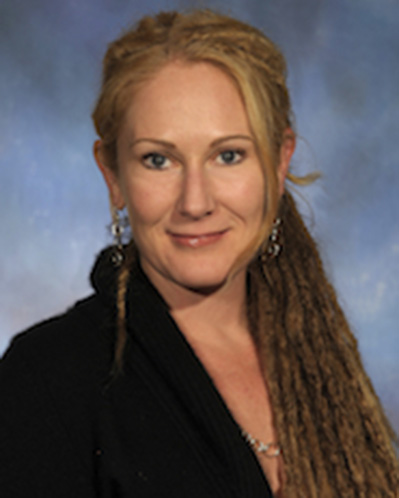
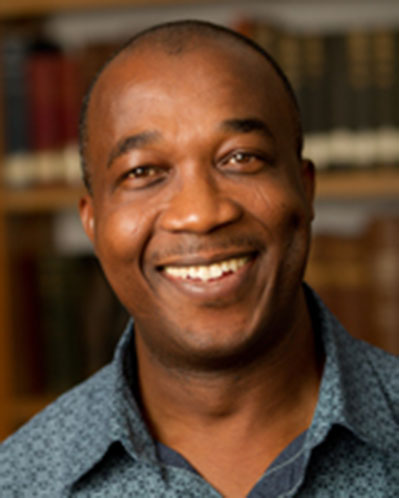
Simeon Ilesanmi received his PhD from Southern Methodist University and his JD from Wake Forest University School of Law. He teaches courses in comparative ethics, international human rights, religion and law, ethics of war and peace, and African religions. He is the author of Religious Pluralism and the Nigerian State (Ohio University Press, 1997) and numerous articles and book chapters on African religion, ethics, war and politics. He is an associate editor of Journal of Religious Ethics and serves on the editorial boards of several other learned journals. His current and ongoing research interests focus on human rights, ethics of war, and religion, law and politics in Africa.
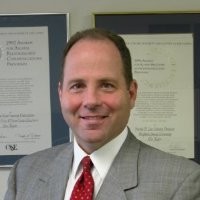
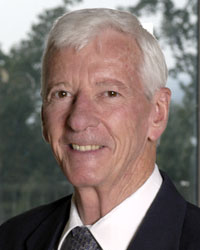
Johan van der Vyver is I.T. Cohen Professor of International Law and Human Rights, Emory University, and Extraordinary Professor in the Department of Private Law of the University of Pretoria, South Africa. Formerly, he was Professor of Law at the University of the Witwatersrand, Johannesburg, and the Potchefstroom University for Christian Higher Education in South Africa. He served as the Human Rights Fellow of The Carter Center from 1995-1998. Current teaching obligations include Public International Law, International Human Rights, International Criminal Law, International Humanitarian Law, Comparative Bills of Rights, and Implementation of International Law in the United States. He holds the degrees of Bachelor of Commerce, Bachelor of Laws, Honours Bachelor of Arts in Philosophy (Potchefstroom University); Doctor of Laws (University of Pretoria); and the Diploma of the International and Comparative Law of Human Rights (International Institute of Human Rights, Strasbourg). He was awarded honorary Doctor of Laws degrees by the University of Zululand in 1993 and Potchefstroom University in 2003. The author of eleven books and monographs and close to 300 chapters in books, law review and other articles, and book reviews, his research interests include human rights, and international criminal law among others.
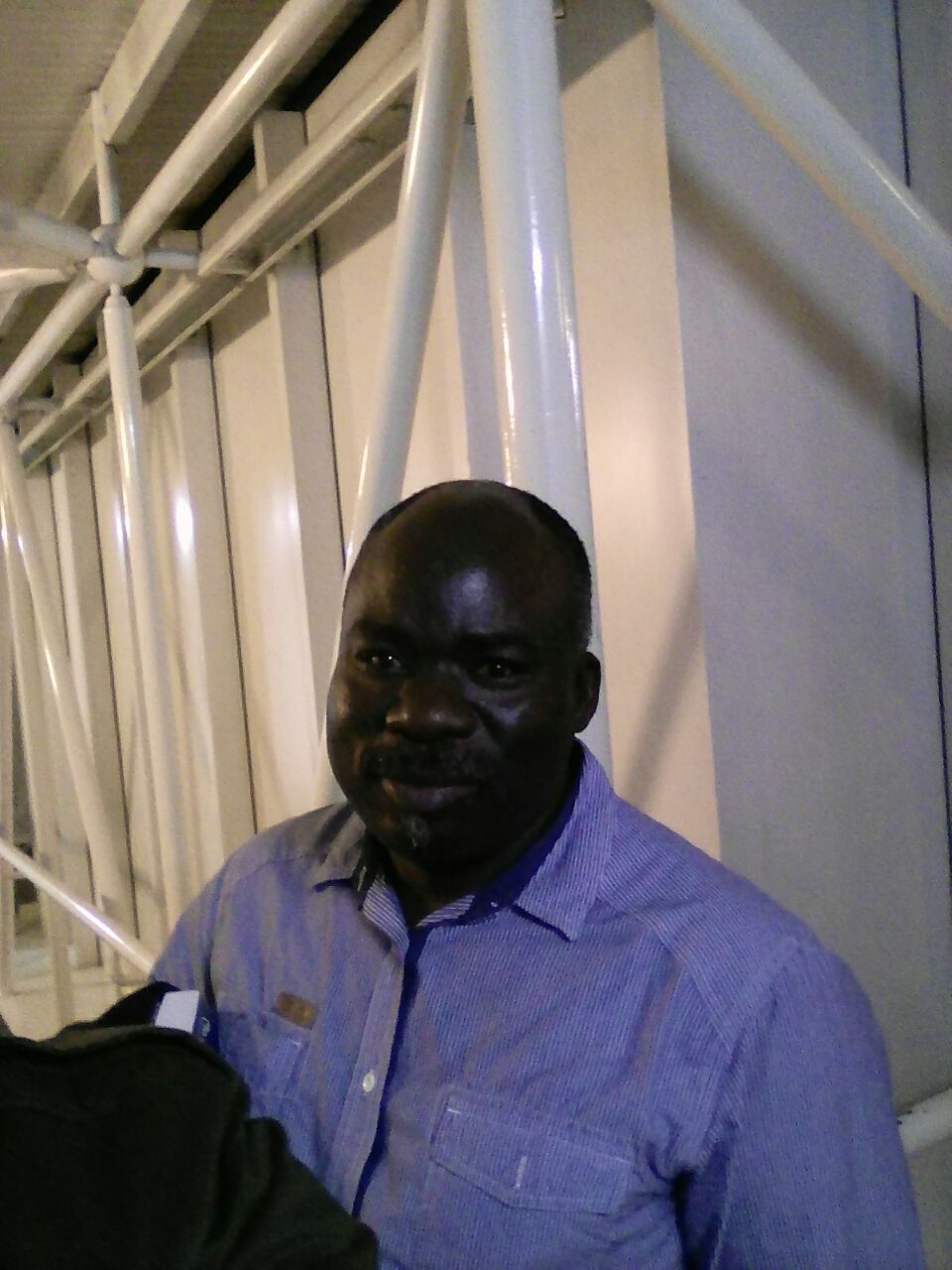
Edmore Dube is a lecturer in Islamic Studies in the Department of Philosophy and Religious Studies at Great Zimbabwe University. His research interests include religion and ethics, particularly how religious institutions can impact positively on public health, business and human rights. He is particularly interested in the interrogation of theological positions with the intention of envisioning a better world order informed by interreligious dialogue. He received a BA General in English and Religious Studies (1992), a BA Special Honours in Religious Studies (1993), a Master's in Islamic Studies (1995) and a DPhil in Christian-Muslim Dialogue (2003) from the University of Zimbabwe.
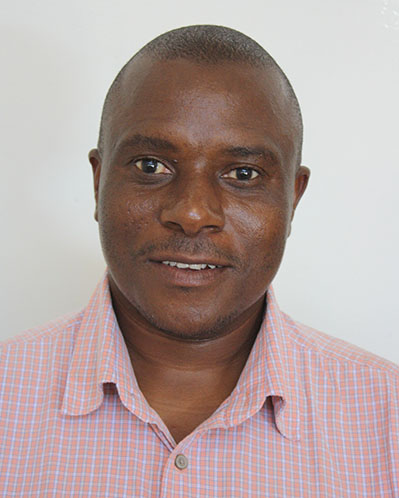
Fortune Sibanda lectures in the Department of Philosophy and Religious Studies, Great Zimbabwe University, Masvingo. He obtained his PhD in Religious Studies from the University of Zimbabwe in 2015. He has published many articles in refereed journals, and written book chapters on various themes from a religious studies perspective such as new religious movements, land, indigenous ways of knowing, human rights issues, and the environment in the African context. Among other platforms, Sibanda attended and presented papers at the second and third ACLARS conferences.
